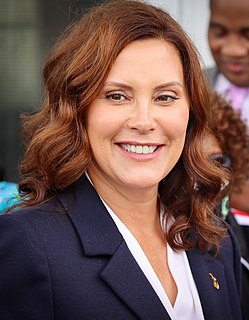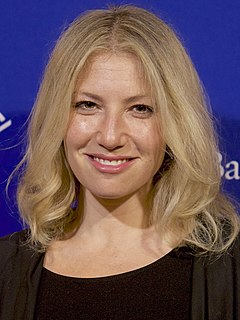A Quote by Richard Armitage
I think most conflicts do end with negotiated settlements; some don't, but most do.
Related Quotes
Bibi Netanyahu, froze the settlements and offered to go toward a two-state solution. The Palestinians didn't take him up on it. Historically, we have had a series of these offers. And the settlements themselves are not the keystone here. It seems to me myopic and bizarre that at the last moment, the Barack Obama administration would surrender the whole balanced array of policies that are obstacles to peace and focus on the one that is most detrimental to Israel.
So strong is this propensity of mankind to fall into mutual animosities, that where no substantial occasion presents itself, the most frivolous and fanciful distinctions have been sufficient to kindle their unfriendly passions and excite their most violent conflicts. But the most common and durable source of factions has been the various and unequal distribution of property.
Most actors don't understand acting. I think it's an art form that craft is out the window. I don't think people get it at all, most of the time. Or they get some of it, not all of it. If you get an Academy Award nomination, you think 95 percent of the profession is unemployed at any given time, most people will never even find work as an actor, and the ones who do will probably make $50,000 a year at the most if they're lucky. Some will never do Broadway. Some will never do a major role. And a really, really, really small percentage of them maybe will be nominated for a major award.

































